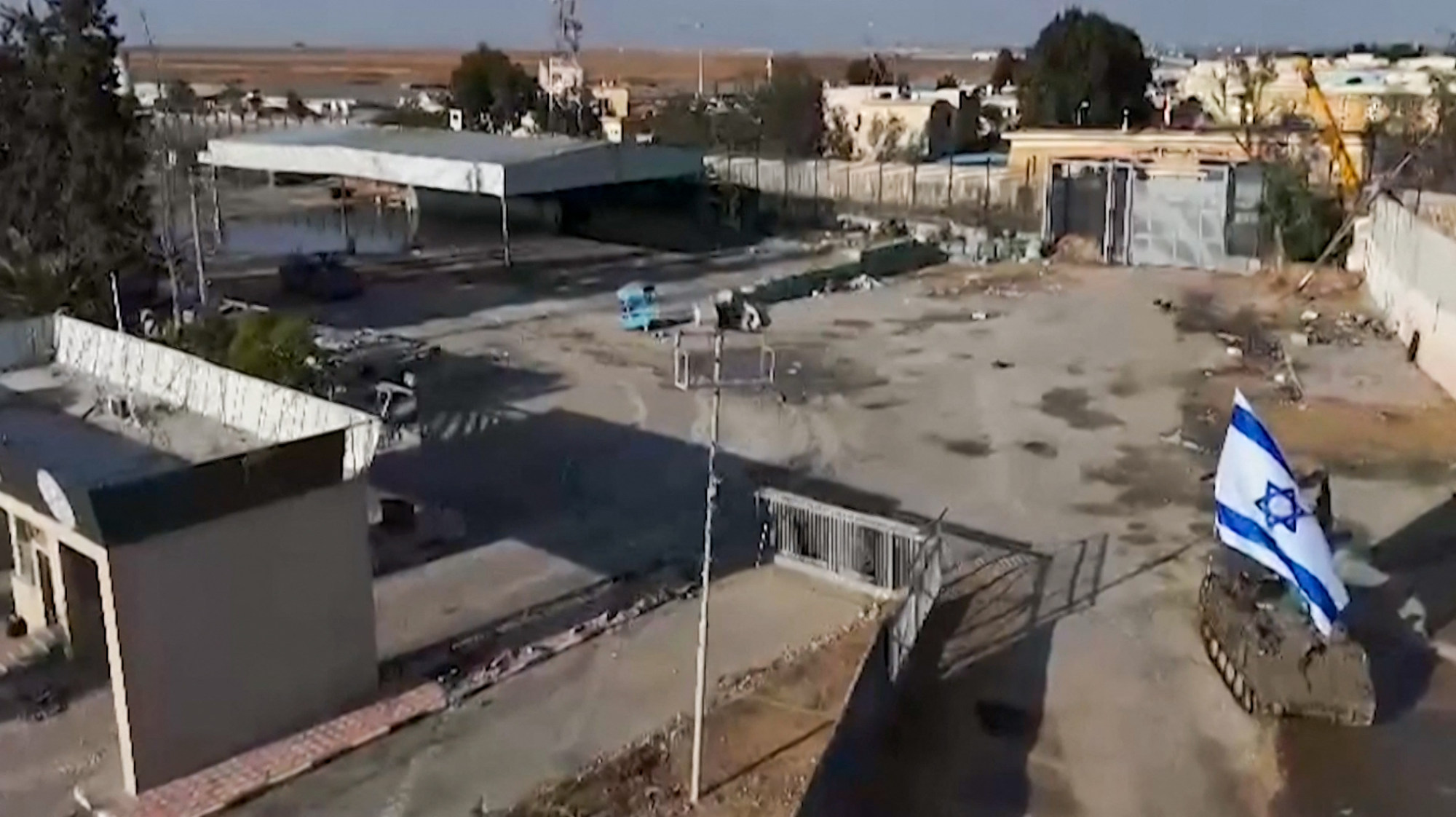
UN says access to Gaza’s Rafah crossing ‘denied’ by Israel
- UN agencies said the two main crossings into the southern Gaza Strip remain shut, virtually cutting off the enclave from outside aid
- If no fuel comes in, ‘it would be a very effective way of putting the humanitarian operation in its grave’, said UN spokesman Jens Laerke
Israeli authorities have denied the UN access to the closed Rafah crossing, the main entry point for humanitarian aid into the Gaza Strip, the United Nations said on Tuesday.
The global agency’s humanitarian office spokesman Jens Laerke told journalists that Israel had shut both the Rafah and Kerem Shalom crossings for aid and people as part of its so-called “limited scope” military operation in Rafah where around 1 million uprooted people are sheltering.
“We currently do not have any physical presence at the Rafah crossing as our access … has been denied by COGAT (Coordinator of Government Activities in the Territories),” he said, referring to the Israeli agency that oversees supplies into the Palestinian territories.

“The two main arteries for getting aid into Gaza are currently choked off,” he said, adding that UN agencies had very low stocks inside the Gaza Strip since humanitarian supplies are consumed straight away. The enclave has just a one-day buffer of fuel stocks, he added.
“If no fuel comes in for a prolonged period of time, it would be a very effective way of putting the humanitarian operation in its grave,” he added. A World Health Organization spokesperson said in response to a journalist’s question that no exceptions were being made for sick and injured patients.
Even before the latest escalation in the seven-month-old conflict, the United Nations has repeatedly accused Israel of restricting aid access despite famine warnings. Faced with growing international pressure, Israel had pledged to improve access but says UN agencies are to blame for not distributing aid more efficiently within the enclave.
UN agencies said they had pre-stocked some aid within Rafah but said there were very low supplies of water and high-energy nutrition supplies needed to treat malnourished children.

.png?itok=arIb17P0)
